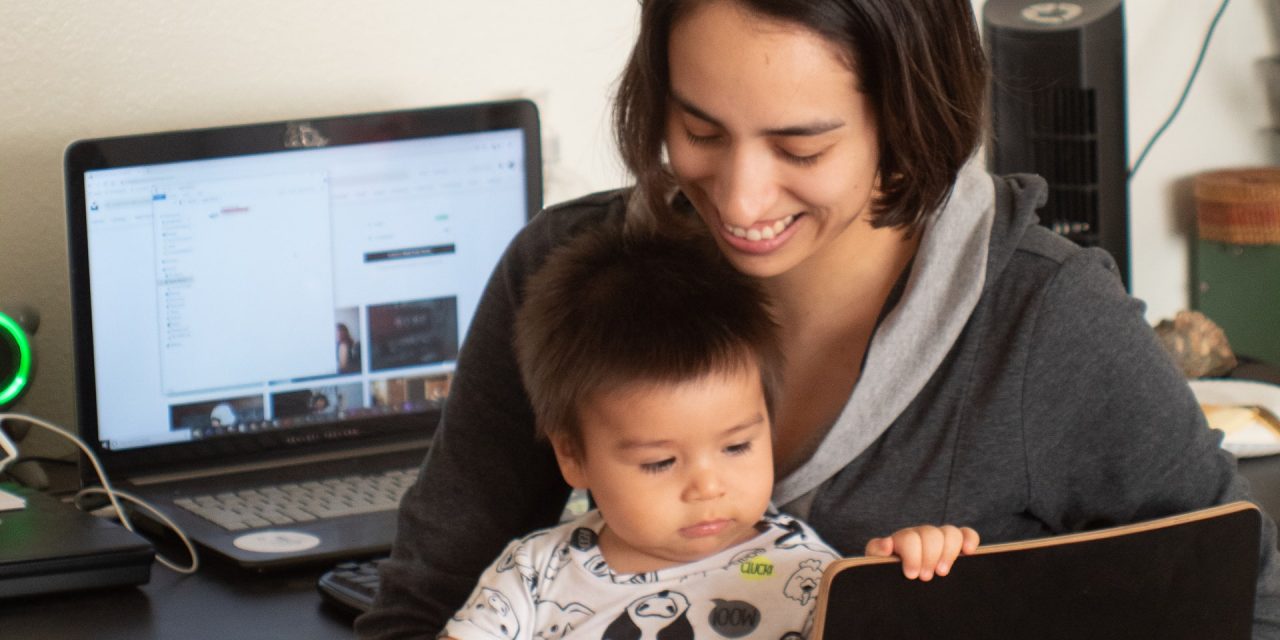Three Effective Strategies for Multicultural Parenting
To succeed in multicultural parenting, focus on cultivating cultural awareness, embracing diversity in daily life, and fostering intercultural communication. Encourage exposure to varied traditions, engage in diverse activities, and celebrate festivities to instill cultural understanding in your children. Actively seek opportunities to engage with different cultural backgrounds, celebrate traditions, and share meals to immerse in diverse customs. Involve your children in cultural practices, celebrate traditions to build their cultural identity, and explore heritage to foster pride in their background. By implementing these strategies, you can nurture a strong sense of identity and create a supportive environment for your children’s growth.
Key Takeaways
- Engage in diverse cultural activities to promote understanding and respect.
- Celebrate traditions to instill cultural pride and identity.
- Foster intercultural communication to bridge differences.
- Involve children in cultural practices to strengthen their roots.
- Build a supportive community for shared multicultural experiences.
Cultivating Cultural Awareness

To foster multicultural understanding and acceptance in your children, start by actively engaging in activities that promote cultural awareness within your family unit. Cultural celebrations and family traditions play an important role in instilling a sense of belonging and respect for different cultures.
By participating in diverse cultural festivities, such as Lunar New Year celebrations or Diwali, you expose your children to a rich tapestry of traditions and beliefs, fostering an appreciation for cultural diversity.
Additionally, language learning and cultural immersion are powerful tools in cultivating cultural awareness. Encourage your children to learn a new language or engage in cultural exchange programs to broaden their perspectives and understanding of different cultures.
Embracing Diversity in Daily Life
Embracing diversity in daily life involves actively seeking out opportunities to engage with individuals from different cultural backgrounds in order to broaden your understanding and appreciation of varying perspectives. Celebrating traditions plays a significant role in fostering multicultural experiences.
By participating in cultural festivities, you not only immerse yourself in the customs and beliefs of others but also show respect for their heritage. This active involvement can create a sense of unity and mutual respect among diverse communities.
Exploring cuisine is another pivotal aspect of embracing diversity. Food is a universal language that transcends cultural barriers. By trying different dishes and recipes from various cultures, you not only expand your palate but also gain insight into the history and values of different societies.
Sharing meals with individuals from diverse backgrounds can lead to meaningful conversations and connections, fostering a sense of inclusivity and understanding.
Fostering Intercultural Communication

Engaging in effective intercultural communication is key to fostering understanding and cooperation among individuals from diverse cultural backgrounds. Language barriers can often hinder communication, making it essential for multicultural parents to find common ground through cultural exchange. Research shows that actively engaging in conversations that bridge these language gaps can greatly enhance intercultural relationships within families.
Intergenerational communication plays a vital role in passing down cultural traditions. Studies highlight the importance of parents sharing their cultural heritage with their children to instill a sense of identity and belonging. By openly discussing and celebrating cultural practices, parents can create a nurturing environment that fosters cultural awareness and pride in children from different backgrounds.
Incorporating these strategies into daily interactions can promote a harmonious multicultural family dynamic. By addressing language barriers through cultural exchange and emphasizing intergenerational communication of cultural traditions, parents can cultivate an inclusive environment where diverse perspectives are valued and celebrated.
Nurturing Identity and Belonging
Research indicates that actively involving children in cultural traditions and practices is essential for nurturing their sense of identity and belonging within a multicultural family. Celebrating traditions plays a vital role in helping children develop a strong cultural identity. By participating in cultural celebrations, such as holidays, festivals, or family rituals, children gain a deeper understanding of their heritage and feel a sense of connection to their roots.
Exploring heritage is another key aspect of nurturing identity and belonging in multicultural parenting. Encouraging children to learn about their family history, language, and customs can foster a sense of pride in their cultural background. This exploration can include visiting cultural sites, cooking traditional meals, or engaging in activities that are significant to their heritage.
Building a Supportive Community

Establishing a network of supportive individuals within your multicultural parenting journey is essential for fostering a sense of belonging and understanding for both you and your children. Research has consistently shown that parent support plays a pivotal role in managing the challenges and celebrating the successes that come with raising children in a multicultural environment.
By connecting with other parents who share similar experiences, you can exchange valuable insights, advice, and emotional support, creating a strong foundation for your family.
Engaging in cultural activities with other families can further enhance the sense of community and belonging for both you and your children. Participating in cultural events, celebrations, or language classes not only helps preserve your family’s heritage but also exposes your children to diverse perspectives and traditions.
These shared experiences can strengthen bonds within the community and provide a supportive environment where everyone feels accepted and valued.
Frequently Asked Questions
How Can I Address My Child’s Struggles With Cultural Identity?
To address your child’s struggles with cultural identity, encourage identity exploration through open conversations. Promote cultural integration by celebrating diverse traditions. Utilize support systems like community groups and consider counseling options for additional guidance and understanding.
What Role Do Extended Family Members Play in Multicultural Parenting?
Extended family members play an essential role in multicultural parenting by serving as role models for cultural traditions. Their influence can help children navigate their identity by providing a rich tapestry of experiences and connections.
Are There Specific Resources for Teaching Multiple Languages at Home?
To promote language development and cultural immersion at home, utilize various resources like bilingual books, language learning apps, and cultural events. Consistent practice and exposure are key in fostering fluency and understanding of multiple languages.
How Can I Handle Conflicting Cultural Values Within My Family?
When managing conflicting cultural values within your family, maneuvering traditions and balancing beliefs is essential. Encourage open communication, seek compromise, and find common ground. Embrace the diversity in perspectives while fostering mutual respect.
What Are Some Practical Ways to Celebrate Diverse Cultural Holidays?
To celebrate diverse cultural holidays, try cooking cultural recipes, making crafts, playing cultural music, and honoring traditions. These activities can help your family learn about various cultures and create lasting memories together.
Conclusion
To sum up, when it comes to multicultural parenting, implementing strategies such as: cultivating cultural awareness, embracing diversity, fostering intercultural communication, nurturing identity and belonging, and building a supportive community, can greatly benefit both parents and children.
By actively engaging in these practices, parents can create an inclusive and supportive environment for their children to thrive in a multicultural world.
Research shows that these strategies can lead to positive outcomes regarding self-esteem, social skills, and overall well-being.

Hey there! 👋 I’m a proud mom and passionate writer, sharing my parenting journey. 📝 Join me as I navigate the ups and downs of motherhood, offering tips, advice, and a sprinkle of humor along the way. 🌟







